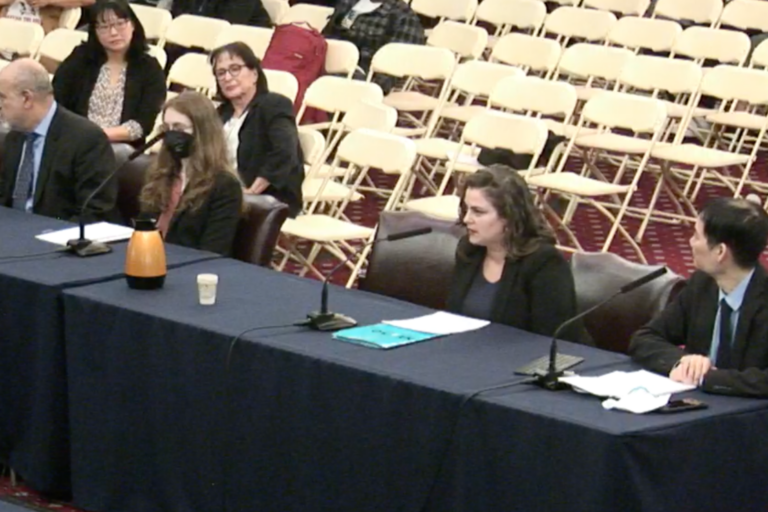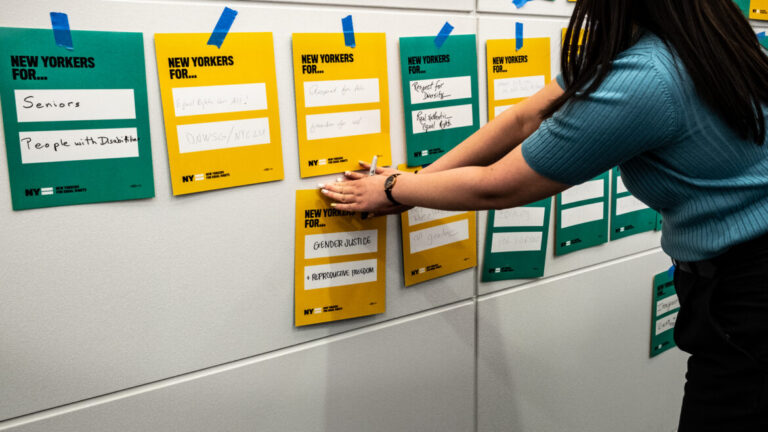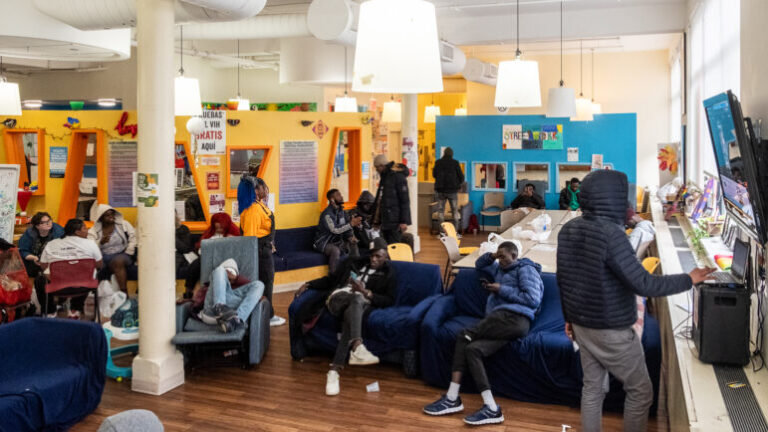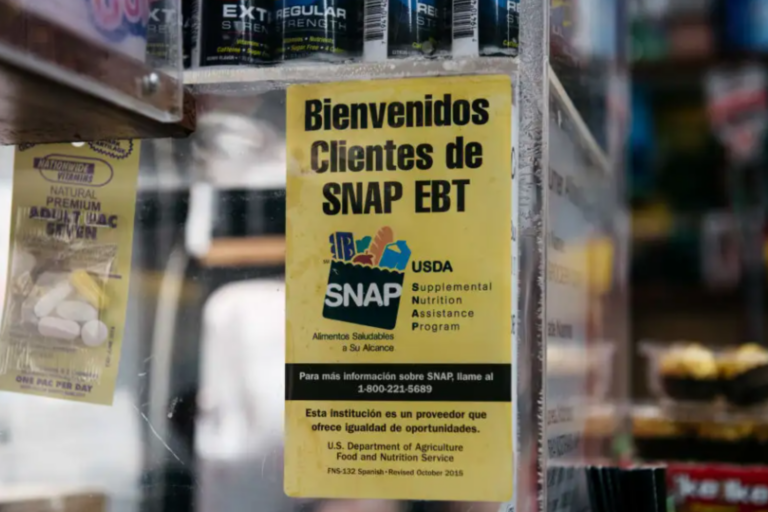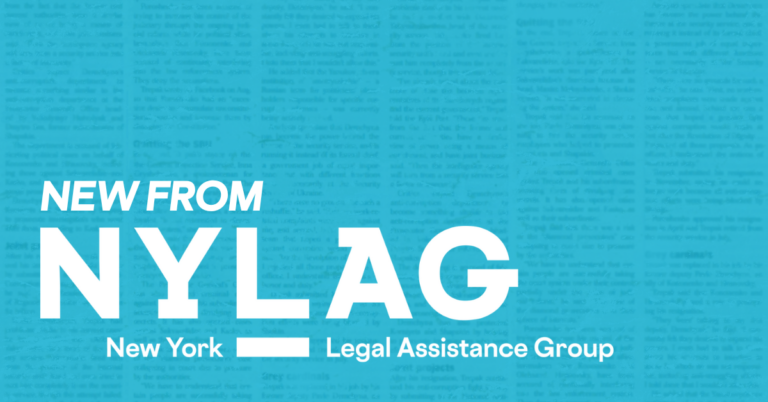By Randye Retkin
City Limits
Who can escape the inhumane images at the border and in detention centers of children being ripped away from their parents? It’s also happening every day to U.S. citizen children with immigrant parents. Families belong together; but the reality is that they can be torn apart due to immigration enforcement, such as an arrest, detention, or deportation.
It’s absolutely vital that immigrant parents consider making a plan now for the future care and custody of their children should something happen. I say this is not to create fear, but to let immigrants know legal planning tools exist that can protect their families during these unwanted emergencies.
That’s why I helped to draft the expanded Standby Guardianship law to support immigrants who live in constant fear about what will happen to their children if they are separated from them because of immigration enforcement. This Standby Guardianship law was originally created during the height of the AIDS crisis when patients were rapidly dying of complications due to HIV/AIDs—and we didn’t have the lifesaving antiretroviral treatments we have today. While dealing with the reality of their own death, parents with the disease worried about the well-being and safety of their surviving children when they passed.
Now with this current crisis of anti-immigration policy and increased fear about deportation, immigrant parents are asking, “What happens to my kids if I am no longer here?” Standby Guardianship is a humane, legal tool for immigrant parents to make plans for their children that no parent should have to make.
A standby guardian is a person who can act as a backup guardian for a child. The backup guardian has the power to make important decisions for a child in their care, including medical decisions and decisions about where the child goes to school.
No parental or caregiving rights are relinquished by choosing a standby guardian. The backup caregiver only becomes responsible for a child if they’re separated from their parents. Last year at the New York Legal Assistance Group (NYLAG), we handled 18,500 immigration cases, from asylum to deportation defense. The most common legal problem in the division I run, LegalHealth, is immigration. Every day at our free legal clinics onsite in hospitals we have parents asking how they can put a plan in place for their children’s care.
Immigrant parents are worried, but this legal tool can offer some comfort that by naming a standby guardian, parents can feel secure that if they are separated because of immigration action, their child will be properly cared for by someone of their choosing. By creating a plan, a parent reduces the risk that the child will go into foster care. Instead the child will be with someone they already know and trust.
We know that children, especially young children, should not be in institutional settings. The lack of a consistent, known, and caring caregiver is incredibly damaging to their development. They’re really vulnerable to abuse in these types of settings. Additionally, siblings can be separated, children move from placement to placement, and are more likely to not finish high school, end up incarcerated, or become homeless.
When a child is removed from their parent, it’s a potentially traumatic event. It greatly increases the likelihood that these children will have lifelong struggles. The ACEs study and other research show that trauma increases the risk of chronic health issues, depression, and PTSD.
Here in New York, the Mayor’s Office of Immigrant Affairs partnered with us at NYLAG and also with Catholic Charities and the Office of New Americans yesterday to hold a “phone bank” for those concerned about threats of immigration enforcement to learn about legal options immigrants can take to protect their families. These options include designating a standby guardian and choosing someone that can make educational and medical decisions for their children. Univision promoted the event. While the news was dominated by the tragic mass shootings in El Paso and Dayton, as soon as Univision shared the number for the phone bank, more than 100 people called in within an hour. There is a clear need for these legal tools, even amidst crisis.
Families belong together. But when they are forced apart, parents have a right to decide who will take care of their children.
Originally published in City Limits on August 6, 2019
Randye Retkin, Esq. is the Director and Founder of LegalHealth, a Division of the New York Legal Assistance Group (NYLAG). She is a co-author of New York States’ Standby Guardianship law and helped spearhead the recent expansion of the law to assist immigrant families.


